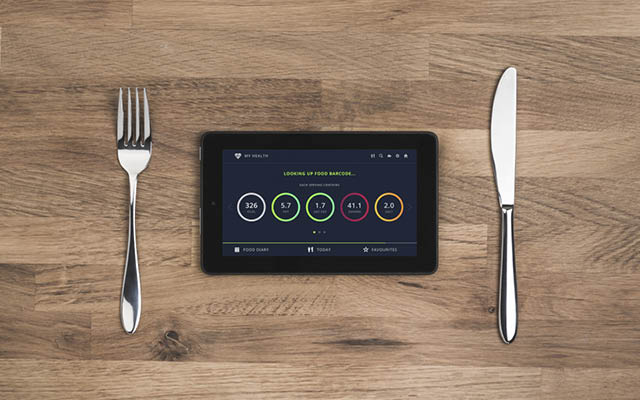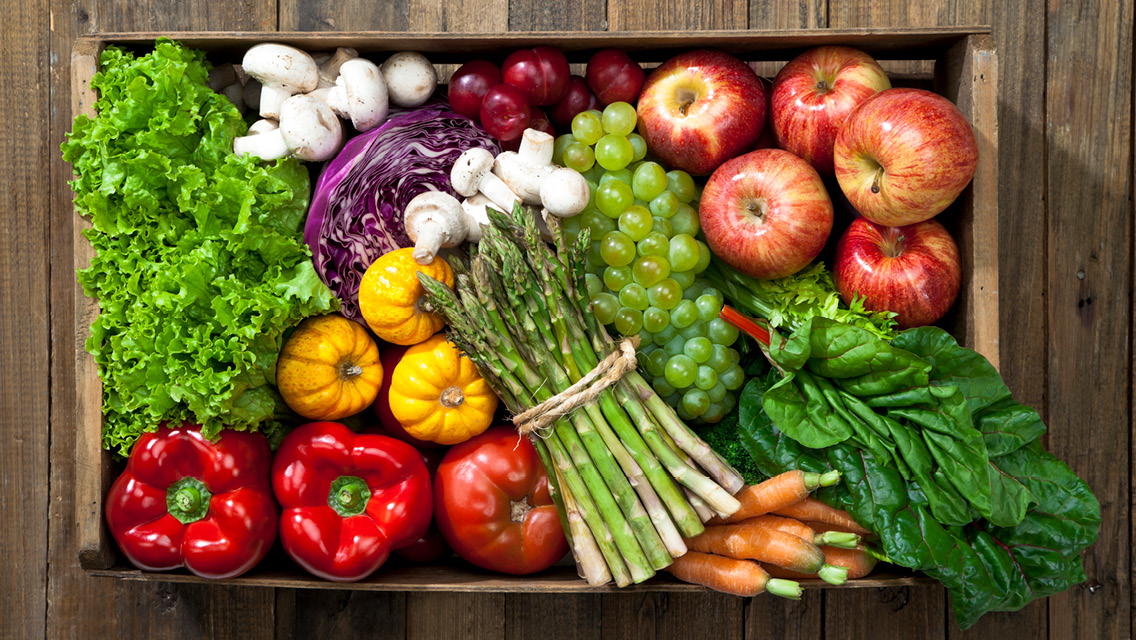The well-intentioned pursuit of wellness and a so-called healthy weight has been overtaken by a confluence of factors. At the same time, healthy eating has evolved into a moral endeavor, with virtue and goodness attained through consuming the “proper diet.”
Public-health policy has added to this dilemma by declaring a war on obesity, which has contributed to more weight stigma in our appearance-based culture and created a flourishing dieting industry — to the tune of nearly $60 billion per year.
It’s no wonder that people are driven to popular eating trends, such as “clean eating” and fad dieting, in the name of health. But this pursuit is creating more problems.
A substantial body of research shows that, despite its popularity, dieting is simply not sustainable. In fact, it leads to a host of other issues, including eating disorders, food and body preoccupation, distraction from other personal health goals, reduced self-esteem, weight stigmatization, discrimination, and — paradoxically — weight gain.
As a result, people are weary of dieting and yet terrified of eating. People don’t know how to eat anymore. They are ashamed of their bodies and don’t trust that their bodies “work.” The pleasure of eating has been stolen.
Intuitive Eating — a concept we created in 1995 based on evaluating hundreds of studies in addition to our clinical experience — can help resolve this growing dilemma.
What Is Intuitive Eating?
Intuitive Eating is a dynamic mind–body integration of instinct, emotion, and rational thought. It is a personal process of honoring your health by paying attention to the messages of your body and meeting your physical and emotional needs. It is an inner journey of discovery that puts you front and center; you are the expert of your own body.
After all, only you know your thoughts, feelings, and experiences. Only you know how hungry you are and what food or meal will satisfy you. No diet plan or guru could possibly know these things.
There are 10 principles of Intuitive Eating, which work in two key ways. Some of them help you gain body attunement — that is, the ability to hear (and thus respond to) the physical sensations that arise within your body, such as biological cues of hunger and fullness — and other principles work by removing the obstacles to body attunement.
1. Reject the diet mentality.
Throw out the diet books and magazine articles that offer you false hope of losing weight quickly, easily, and permanently. Get angry at the lies that have led you to feel as if you were a failure every time a new diet stopped working and you gained back all of the weight. If you allow even one small hope to linger that a new and better diet might be lurking around the corner, it will prevent you from being free to rediscover Intuitive Eating.
2. Honor your hunger.
Keep your body biologically fed with adequate energy and carbohydrates. Otherwise, you can trigger a primal drive to overeat. Once you reach the moment of excessive hunger, all intentions of moderate, conscious eating are fleeting and irrelevant. Learning to honor the first biological signal of hunger sets the stage for rebuilding trust with yourself and food.
3. Make peace with food.
Call a truce — stop the food fight! Give yourself unconditional permission to eat. If you tell yourself that you can’t or shouldn’t have a particular food, it can lead to intense feelings of deprivation that build into uncontrollable cravings and, often, bingeing. When you finally give in to your forbidden food, eating will be experienced with such intensity that it usually results in overeating and overwhelming guilt.
4. Challenge the food police.
The food police monitor the unreasonable rules that dieting has created. The police station is housed deep in your psyche, and its loudspeaker shouts negative barbs, hopeless phrases, and guilt-provoking indictments. Chasing the food police away is a critical step in returning to Intuitive Eating.
5. Feel your fullness.
Listen for the body signals that tell you that you are no longer hungry. Observe the signs that show that you’re comfortably full. Pause in the middle of eating and ask yourself how the food tastes and what your current fullness level is.
6. Discover the satisfaction factor.
The Japanese have the wisdom to promote pleasure as one of their goals of healthy living. In our frenzy to be thin and healthy, we often overlook one of the most basic gifts of existence — the satisfaction and pleasure that can be found in the eating experience.
When you eat what you really want, in an environment that is inviting and conducive, the pleasure you derive will be a powerful force in helping you feel satisfied and content. By providing this experience for yourself, you will find that it takes much less food to decide you’ve had enough.
7. Cope with your feelings without using food.
Find ways to comfort, nurture, distract, and resolve your issues without using food. Anxiety, loneliness, boredom, and anger are emotions we all experience throughout life. Each has its own trigger, and each has its own appeasement.
Food may offer comfort for the short term, distract from the pain, or even numb you into a food hangover. But it won’t solve the problem. If anything, eating for an emotional hunger will only make you feel worse in the long run. You’ll ultimately have to deal with the source of the emotion, as well as the discomfort of overeating.
8. Respect your body.
Accept your genetic blueprint. Just as a person with a shoe size of 8 could not realistically expect to squeeze into a size 6, it is equally futile (and uncomfortable) to have the same expectation with body size. Respect your body, so you can feel better about who you are. It’s hard to reject the diet mentality if you are unrealistic and overly critical about your body shape.
9. Exercise: Feel the difference.
Forget stringent exercise. Just get active and feel the difference. Shift your focus to how it feels to move your body, rather than the calorie-burning effects of exercise.
If you focus on how you feel from working out, such as energized, it can make the difference between rolling out of bed for a brisk morning walk or hitting the snooze alarm. If, when you wake up, your only goal is to lose weight, it’s usually not a motivating factor in that moment of time.
10. Honor your health with gentle nutrition.
Make food choices that honor your health and taste buds while making you feel well. Remember that you don’t have to eat a perfect diet to be healthy. You will not suddenly get a nutrient deficiency or gain weight from one snack, one meal, or one day of eating. It’s what you eat consistently over time that matters. Progress, not perfection, is what counts.
This article was excerpted from The Intuitive Eating Workbook: 10 Principles for Nourishing a Healthy Relationship with Food. Reprinted with permission from New Harbinger.
This article originally appeared as “How to Eat Intuitively” in the May 2021 issue of Experience Life.





This Post Has 0 Comments